16 Switching Corn Flour into Everyday Recipes
Corn flour substitutes can completely transform your favorite recipes when the pantry runs empty at crucial moments.
It’s a frequent predicament for home cooks preparing dishes that rely on this specific thickening or binding agent.
Fortunately, numerous alternatives exist that maintain flavor and texture integrity.
These options range from everyday staples to specialty flours, each offering unique culinary properties.
Choosing the right substitute depends on the original role of corn flour in your dish - such as thickening, providing structure, or adding crispness.
With simple tweaks to quantity and technique, these stand-ins deliver excellent results.
Let’s explore the best alternatives suited to various cooking needs.
Corn Flour Substitutes to Consider
No corn flour in the cupboard? That’s easy to work around. A quick switch can keep your recipe on schedule. Cooking becomes easier when you know your options.
Cornstarch
Substituting corn flour with cornstarch is a common practice in many kitchens, though these ingredients aren't identical despite their similar appearance.
Cornstarch, made solely from corn kernel starch, lacks the protein, fiber, and nutrients found in corn flour, which comes from grinding the entire kernel into a fine powder.
For recipes requiring thickening, breading, or creating fried batters, cornstarch works perfectly as a replacement in a simple 1:1 ratio.
Most recipes will need you to mix cornstarch with cold water first before adding it to your dish for best results.
Rice Flour
Switching cornmeal for rice flour works perfectly when thickening sauces or creating sweet treats thanks to its finer texture and natural stickiness.
The subtle sweetness of rice flour enhances flavors in soups and muffins, making your dishes taste even better.
For successful substitution, remember to use twice as much rice flour compared to cornflour with a simple 2:1 ratio.
Rice flour shines brightest in baked goods and as a thickening agent where its smooth consistency creates wonderful results.
However, this alternative isn't ideal for recipes requiring the signature crunch that cornmeal provides, so keep that in mind when planning your cooking projects.
Cornmeal
Corn flour substitutes can be easily found right in your kitchen, with other corn-based products leading the pack for best results.
Cornmeal or maize flour offers the same delicious flavor profile as corn flour, though its coarser texture creates a noticeable difference in the final dish.
This grainier consistency actually works wonderfully for crispy fried foods, crunchy casserole toppings, and heartier versions of macaroni and cheese.
For recipes where texture matters more, running cornmeal through a food processor helps achieve a finer consistency closer to traditional corn flour.
All-Purpose Flour & Whole Wheat Flour
Substituting cornmeal in recipes offers several practical options, with whole wheat and all-purpose flour being the most widely available choices in most kitchens.
These wheat-based alternatives work well in many dishes, though they do contain gluten, making them unsuitable for those with certain dietary restrictions.
All-purpose flour remains neutral in taste, allowing the other flavors in your dish to shine through, while whole wheat can add a subtle malty note that might not complement every recipe.
For best results when replacing cornmeal, mix these two flours together in a 2:1 ratio, using twice the amount called for in your original recipe.
Self-Rising Flour
Swapping ingredients in your kitchen doesn't have to be complicated, especially when it comes to self-rising flour.
This handy pantry staple combines all-purpose flour with baking powder and salt, making it perfect for quick baking projects without measuring multiple ingredients.
When thickening soups or sauces, simply use twice as much self-rising flour as you would cornflour for similar results.
For crispy fried foods, this flour works beautifully as a 1:1 substitute for regular breading.
Most recipes won't be affected by the small amount of salt already in self-rising flour, but reducing added salt slightly can prevent over-seasoning.
Tapioca Flour
Tapioca flour is an excellent substitute for corn flour when you need a thickening agent in recipes.
The simple swap works in equal parts, making it easy to use whatever you have in your pantry.
This alternative shines in sauces, gravies, and soups where its neutral flavor and clear appearance won't alter your dish's taste or look.
However, tapioca flour doesn't perform well for breading or baking projects since it lacks the structure needed for these cooking methods.
For those specific uses, other options like rice flour or potato starch might better match what corn flour provides in texture and stability.
Masa Harina
Masa Harina stands as a cornerstone ingredient in Mexican and Latin American cooking, crafted from organic corn that undergoes a special preparation process.
The corn is first cooked, then soaked in lime juice and water before being hulled and ground to achieve its distinctive cornmeal texture.
Many home cooks find it is an excellent substitute for regular cornflour, particularly in dishes with Mexican or Latin flavors.
For most recipes, a simple 1:1 replacement ratio works perfectly, though some dishes might require small adjustments based on your desired consistency.
This traditional ingredient brings authentic flavor that can elevate your tacos, tamales, and tortillas to new heights.
Rice, Potato, Tapioca, Or Kuzu Starch
Substituting corn flour is easy when you know your options, with starches being the top choice for most recipes.
You can use rice, potato, yuzu, or tapioca starch in a simple 1:1 ratio when corn flour isn't available in your pantry.
Quick whisking is essential when adding potato starch to prevent clumping in your soups and sauces.
Kuzu, an unprocessed organic alternative, offers benefits beyond just thickening, as many believe it supports liver health, reduces inflammation, and improves heart function.
All these substitutes work wonderfully as thickening agents, giving you flexibility when cooking without compromising the quality of your dishes.
Guar Gum
Guar gum is a remarkable thickening alternative that's both wallet-friendly and nutritious for your cooking needs.
This powerful ingredient requires just a tiny amount to achieve the same results as corn flour in soups and sauces, making it incredibly economical.
For best results, begin with only 1/8 of a teaspoon when substituting for corn flour in recipes, as a little goes a long way.
Many home cooks appreciate guar gum's additional benefit of promoting better digestion, which corn flour doesn't offer.
The subtle taste won't interfere with your dish's flavor profile, allowing the main ingredients to shine through beautifully.
Sorghum Flour
Sorghum flour has become incredibly popular with health-conscious eaters due to its impressive protein and antioxidant content.
The nutritional benefits don't stop there, as this grain-based alternative packs essential vitamins and minerals including magnesium, phosphorus, and various B vitamins.
Many home cooks find that sorghum works perfectly as a thickening agent in soups and sauces, though it doesn't perform as well for breading or coating foods.
For best results when replacing cornflour in recipes, simply use an equal amount of sorghum flour in a straightforward 1:1 substitution.
Ground Flaxseed
Flaxseed is a nutrient-packed alternative to corn flour, despite its slightly bitter taste that might require extra flavoring in recipes.
Many health-conscious cooks prefer this substitution because of the omega-3 fatty acids and fiber that flaxseed brings to baked goods.
The proper ratio for replacement involves mixing one and a half tablespoons of ground flaxseed with two tablespoons of water for each tablespoon of corn flour needed.
This mixture works especially well in heartier recipes like whole grain breads, muffins, and cookies where the earthy notes can enhance rather than detract from the final product.
Arrowroot Powder
Substituting arrowroot for corn flour offers excellent thickening properties in many recipes while enhancing flavor profiles.
Most cooks appreciate how this starch works perfectly in a simple 1:1 ratio, making the switch straightforward for anyone trying to adapt recipes.
Soups and sauces benefit most from this alternative, though they should be served immediately after preparation for best results.
The subtle taste won't overpower other ingredients, unlike some substitutes that can change the intended flavor of dishes.
This option may not perform as well in baked goods or when used as a coating, so other alternatives might be better for those specific cooking applications.
White Rice Flour
Cornflour substitutes exist for those moments when your pantry lacks this key ingredient, with white rice flour standing out as the top replacement due to its high starch content and excellent thickening properties.
Many cooks actually prefer white rice flour because it blends more smoothly than cornflour, though this premium option does come with a slightly higher price tag.
The swap requires some minor adjustments to your recipe - you'll need to use two tablespoons of white rice flour for each tablespoon of cornflour called for.
Additionally, recipes using white rice flour typically require less liquid overall to achieve the same consistency as cornflour-based dishes.
Cassava Flour
Cassava flour is a remarkable substitute for tapioca since both come directly from the cassava root.
The main distinction lies in how cassava flour uses the whole root, while tapioca only incorporates the starchy components.
Many bakers appreciate cassava flour's slightly stronger thickening power compared to tapioca when used in recipes.
This fine white powder blends seamlessly into batters, sauces, and doughs without leaving any unusual textures.
Home cooks can easily swap it into gluten-free recipes with minimal adjustments to achieve excellent results.
Anyone following grain-free diets will find cassava flour particularly useful as an all-purpose alternative in their favorite dishes.
Brown Rice Flour
Brown rice flour stands as a top-notch substitute for cornflour in many recipes because of its similar texture and one-to-one replacement ratio.
Our bodies benefit from this swap since brown rice flour keeps all those valuable vitamins and minerals intact.
Bakers appreciate how seamlessly it works in recipes - just use the same amount as you would cornflour.
The nutty undertones of brown rice flour can add an interesting flavor dimension to your dishes without changing the overall taste too much.
Home cooks on special diets often reach for this alternative since it works well for gluten-sensitive people looking for cornstarch replacements.
Potato Flour
Potato flour is a fantastic alternative to cornflour when you need a thickening agent in your recipes.
This fine powder, sometimes called potato starch, closely resembles tapioca starch in both appearance and function.
Many cooks prefer it because of its neutral flavor that won't overpower other ingredients in soups, sauces, or gravies.
Just keep in mind that potato flour creates a slightly thicker consistency than cornflour during cooking.
The substitute works particularly well in gluten-free baking where it adds moisture and extends shelf life of breads and pastries.
https://www.lacademie.com/wp-content/uploads/2022/11/corn-flour.jpg
Using corn flour substitutes can help you bake or cook even if you’re out of the original ingredient, but a few smart tips make sure your recipes still turn out light, tasty, and just right:
With the right substitute and a few adjustments, you can enjoy your favorite recipes even when you’re out of corn flour.
Troubleshooting Recipe Problems with Corn Flour Swaps
Swapping corn flour in recipes can sometimes lead to unexpected results, but knowing how to troubleshoot common issues will help you fix problems and get your dish back on track:
Too Thick or Gummy
If your batter or dough feels too dense after using a substitute, add a splash of liquid (like milk or water) a little at a time until it softens up.
Not Thick Enough
If sauces or gravies don’t thicken, try simmering a bit longer or add a small spoonful of cornstarch or potato starch mixed with water.
Lumpy Texture
Whisk or sift your substitute thoroughly before adding it to the recipe to break up lumps and make everything smoother.
Bland Flavor
Some substitutes lack the sweet, earthy taste of corn flour. Add a pinch of sugar, a dash of corn extract, or even a little more salt to boost flavor.
Strange Color or Texture
Cornmeal or masa harina may make your recipe grainier or more yellow. If you want a smoother look, use a finer flour like all-purpose or rice flour.
Gluten-Free Concerns
If your recipe needs to be gluten-free, double-check that your substitute (like cornstarch or potato starch) is certified gluten-free to avoid any issues.
Common Corn Flour Swap Questions
1. Can I substitute corn flour with cornstarch?
Yes, cornstarch and corn flour are often confused, but cornstarch is best for thickening, while corn flour is used in baking. You can swap them in some recipes, but the result may change in texture.
2. What is the best substitute for corn flour in baking?
Good substitutes include all-purpose flour, rice flour, or masa harina. Each may alter the flavor and texture, so choose based on your recipe’s needs.
3. Can I use cornmeal instead of corn flour?
Cornmeal is much coarser than corn flour and will produce a gritty texture. It’s not recommended as a direct swap for most recipes needing corn flour.
4. Is masa harina the same as corn flour?
No, masa harina is made from corn treated with lime and has a distinct flavor and texture. It’s best used in recipes calling specifically for masa harina.
5. Can I use wheat flour instead of corn flour for thickening?
Wheat flour can be used as a thickener, but it takes longer to cook and may make sauces cloudy, unlike the clear finish from corn flour.

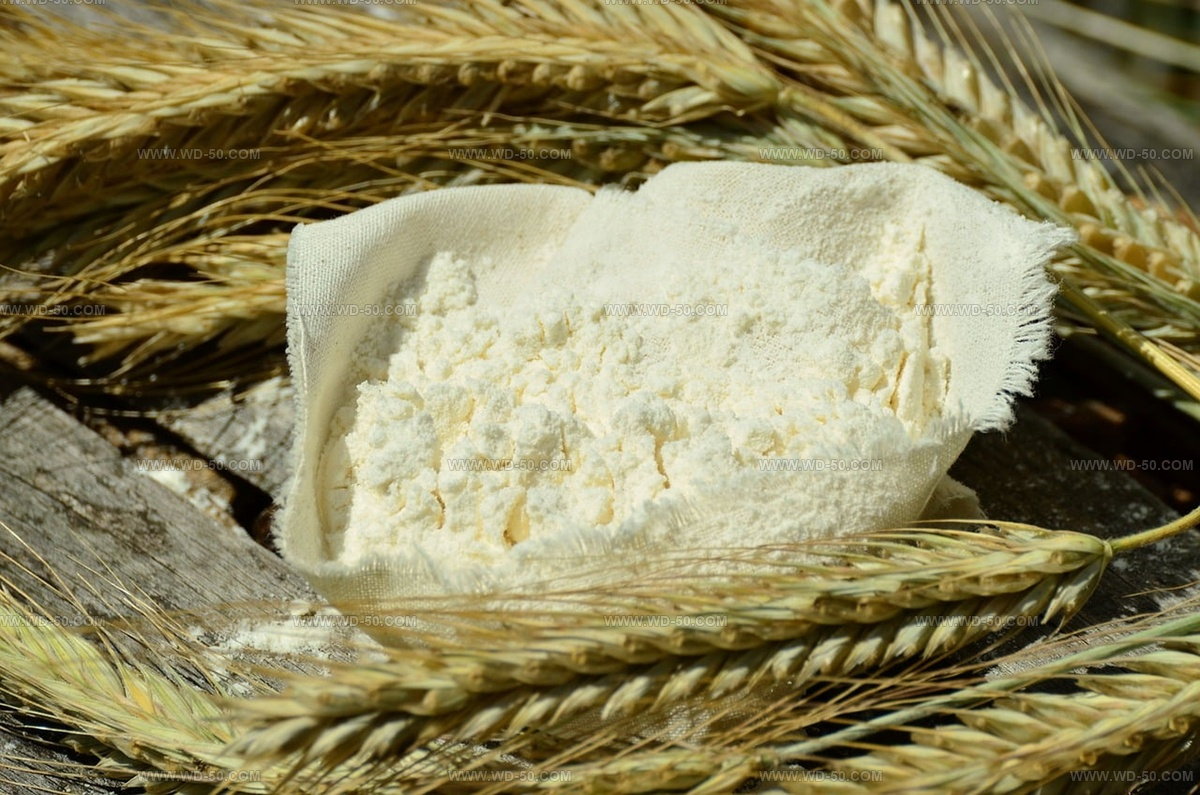
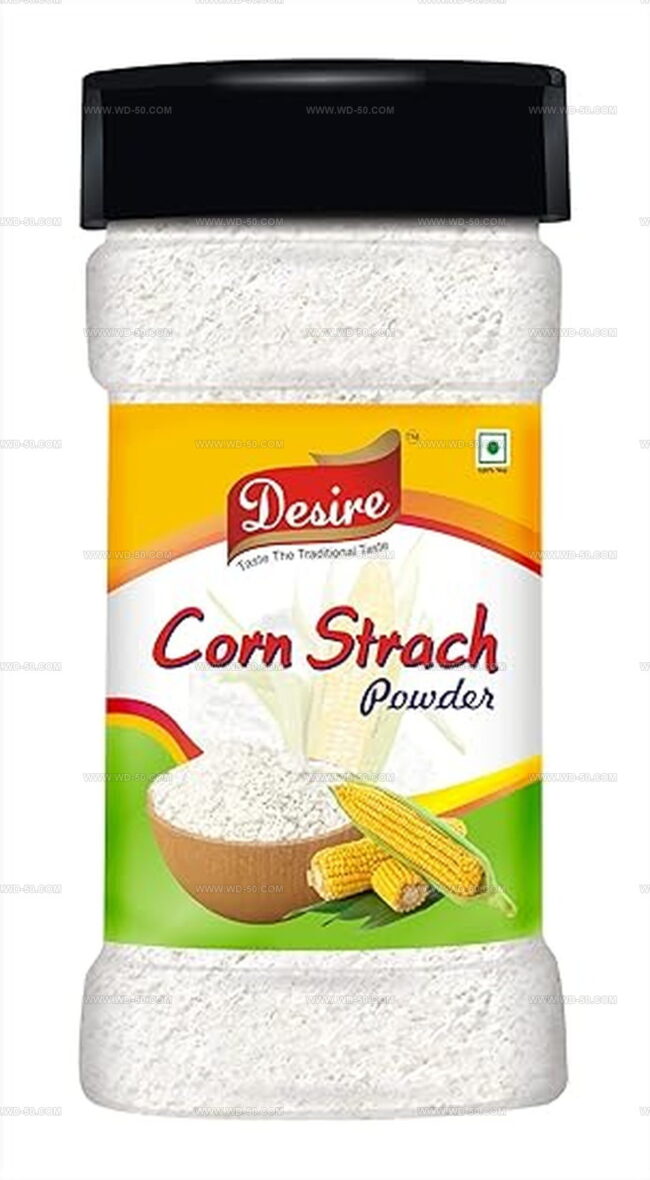
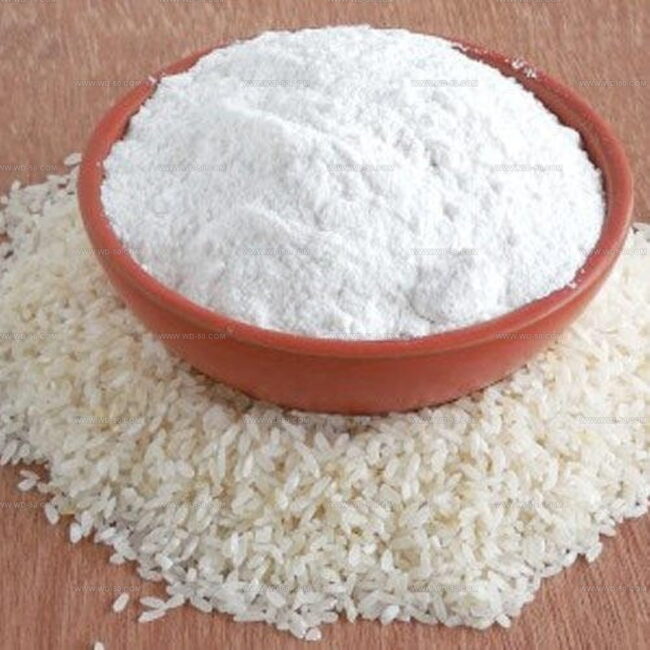
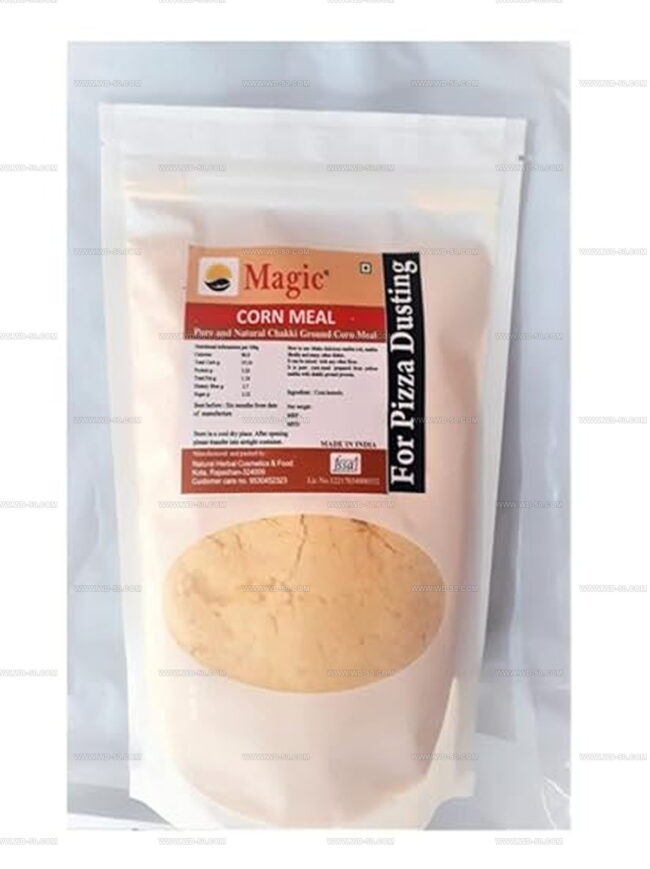
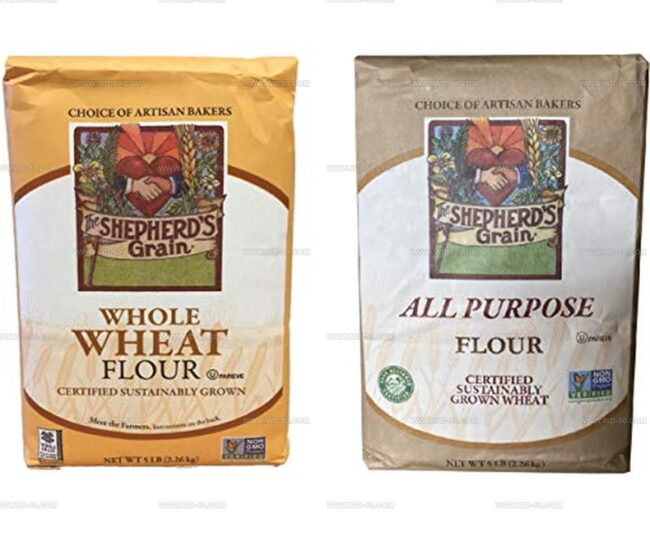
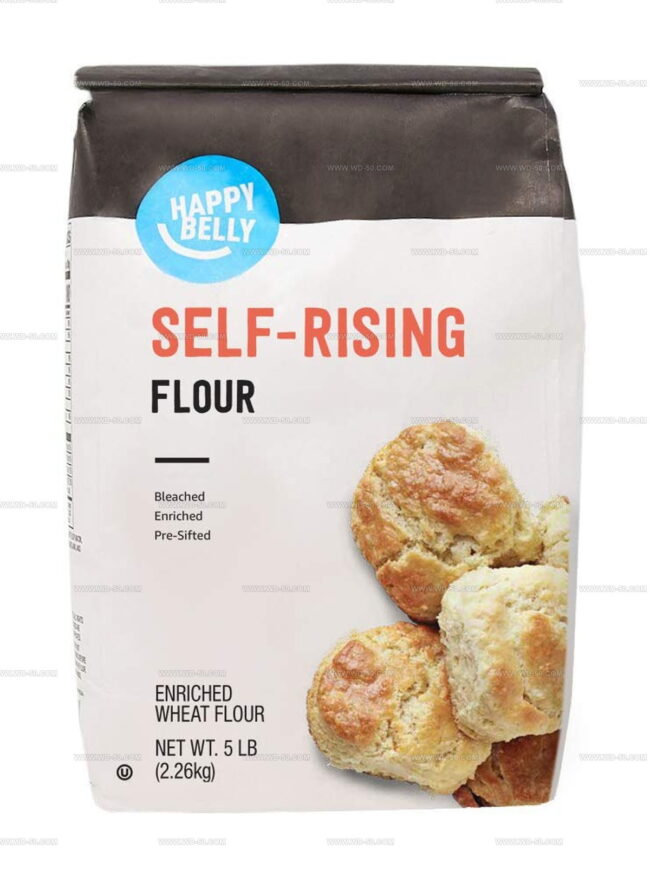
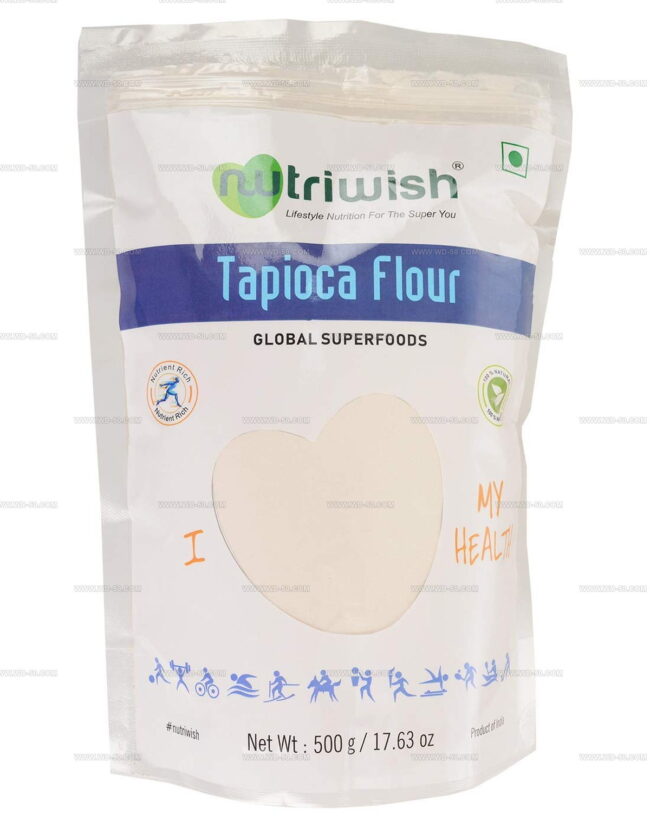
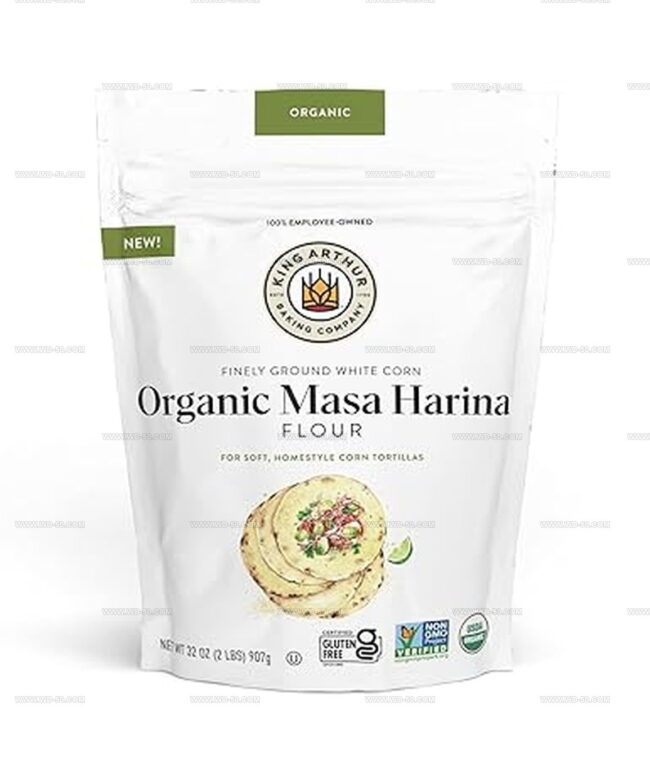
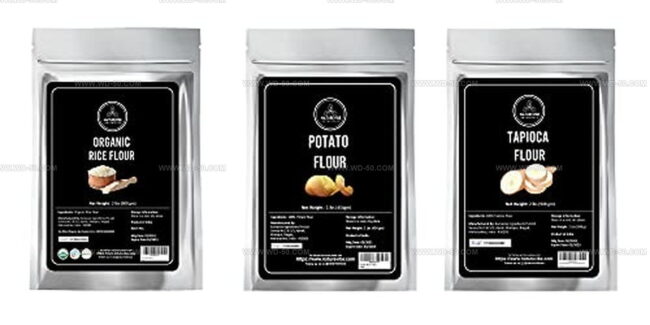
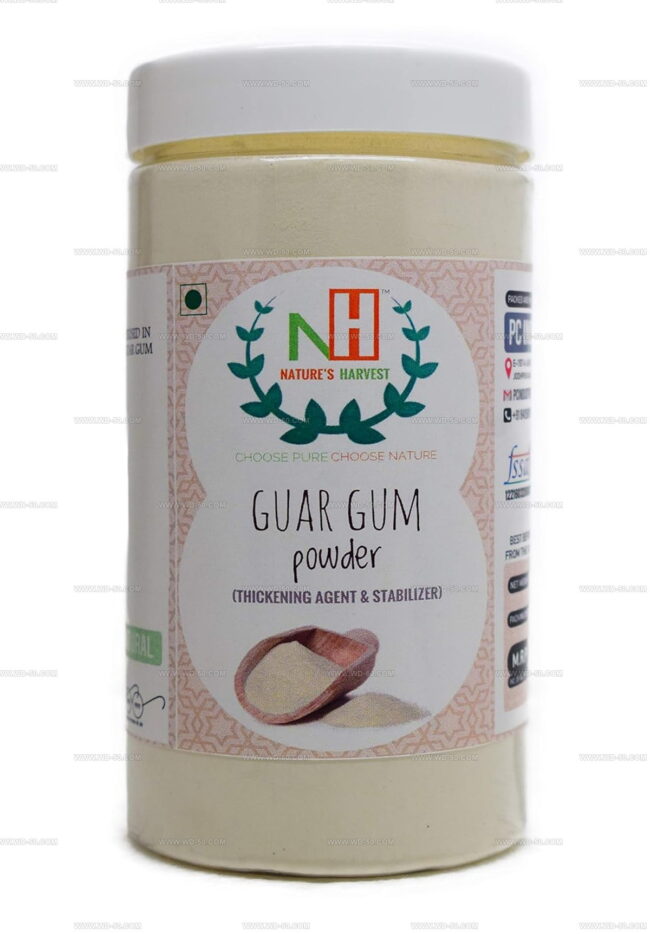
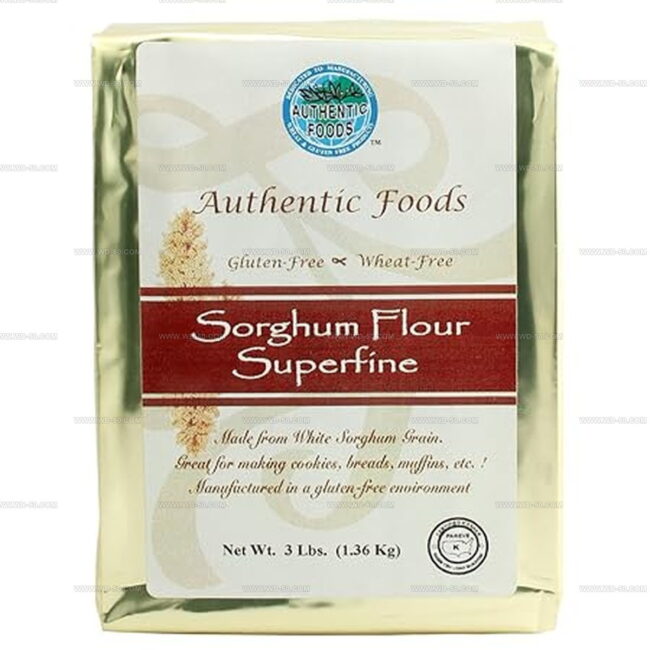
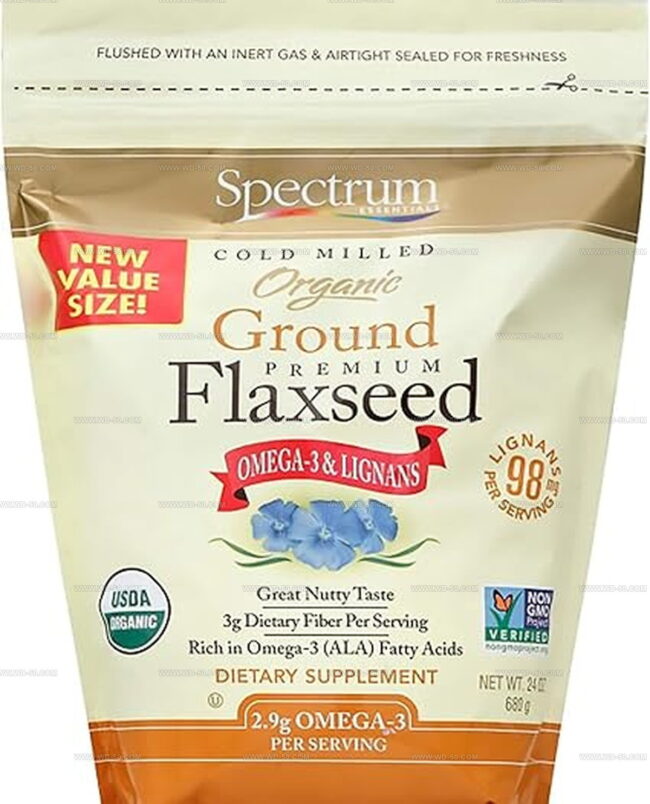
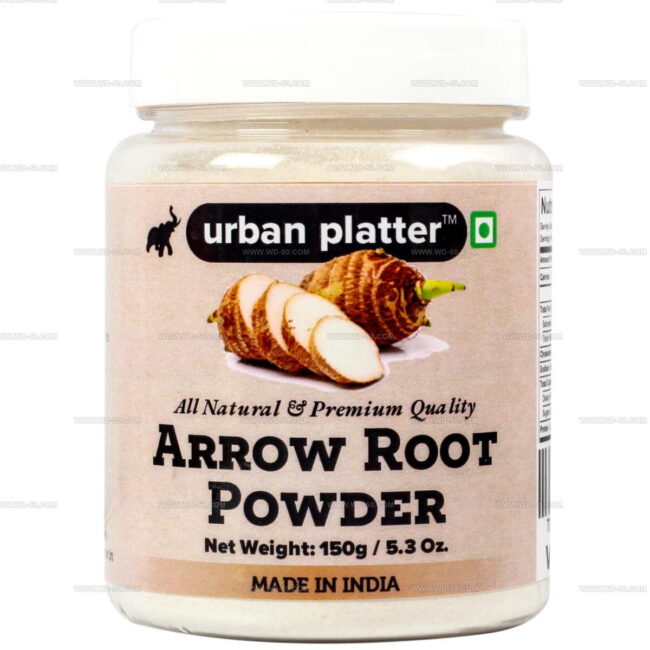
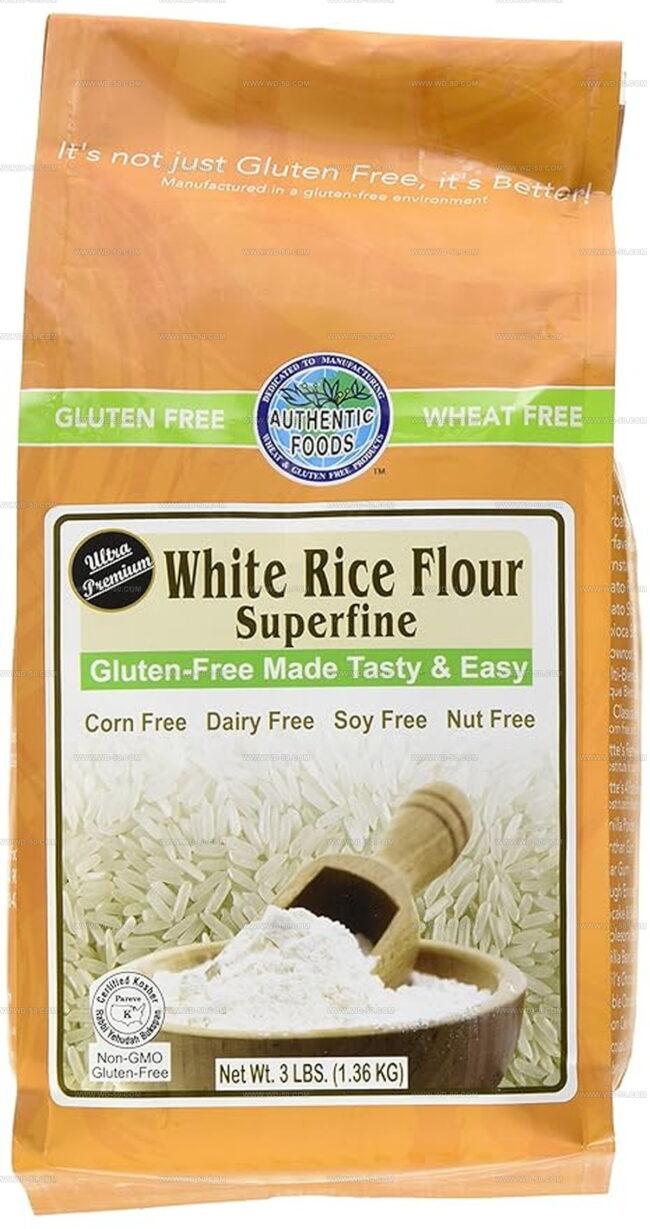
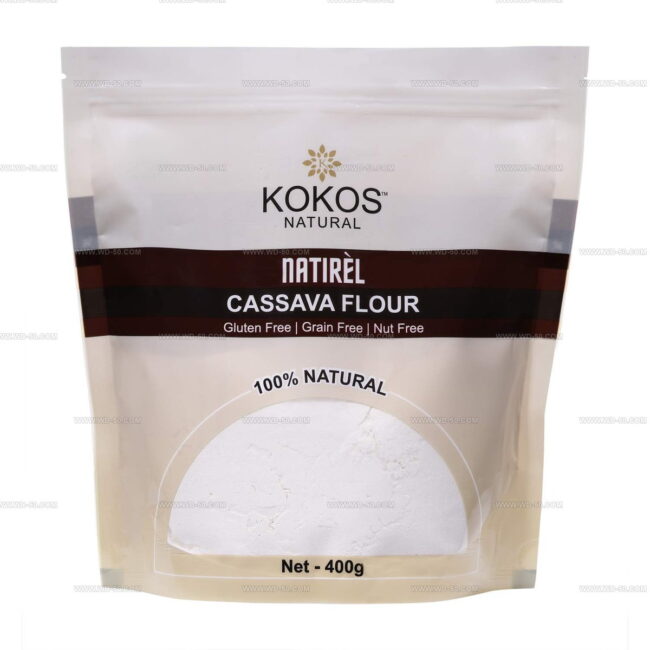
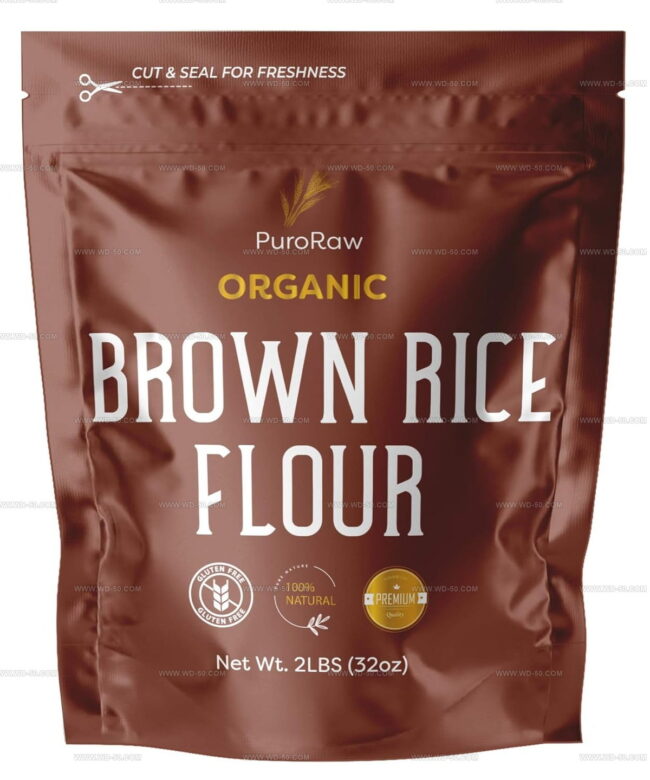
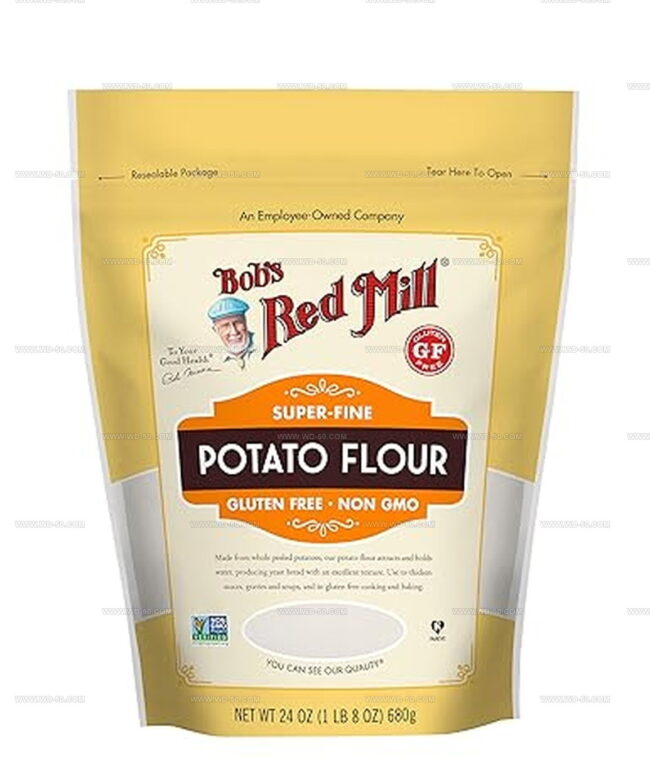
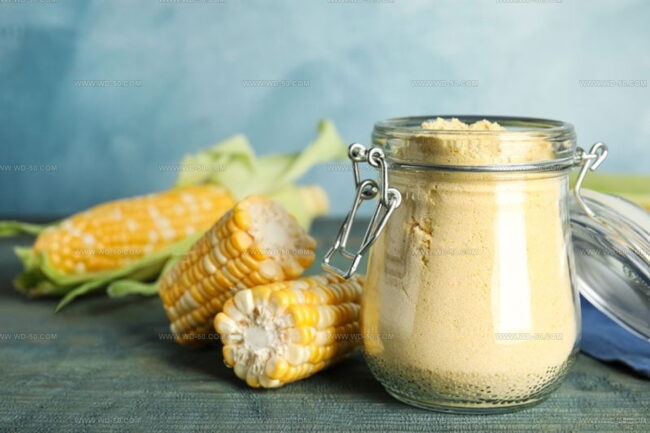
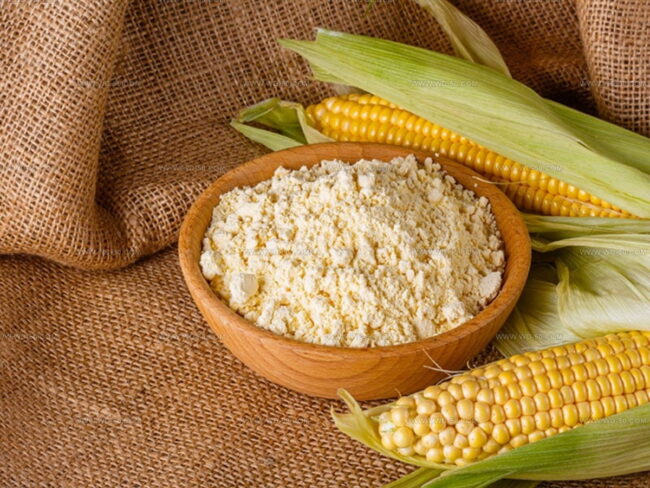
Isabella Rodriguez
Co-Founder & Content Creator
Expertise
Pastry Arts and Dessert Innovation, French and European Baking Techniques, Food Writing and Blogging, Culinary Event Planning
Education
Le Cordon Bleu Paris
Isabella Rodriguez is the co-founder and pastry chef at wd-50.com. She studied at Le Cordon Bleu in Paris, where she earned the Grand Diplôme®, a top award in both cooking and baking. After working in fancy bakeries and as a personal pastry chef, Isabella now shares her love for desserts in an easy way for home bakers to enjoy.
At wd-50.com, Isabella creates recipes for cookies, cakes, tarts, and more, always with clear steps and helpful tips. She believes baking should be fun, not stressful, and she hopes her recipes bring joy to your kitchen and smiles to your table.